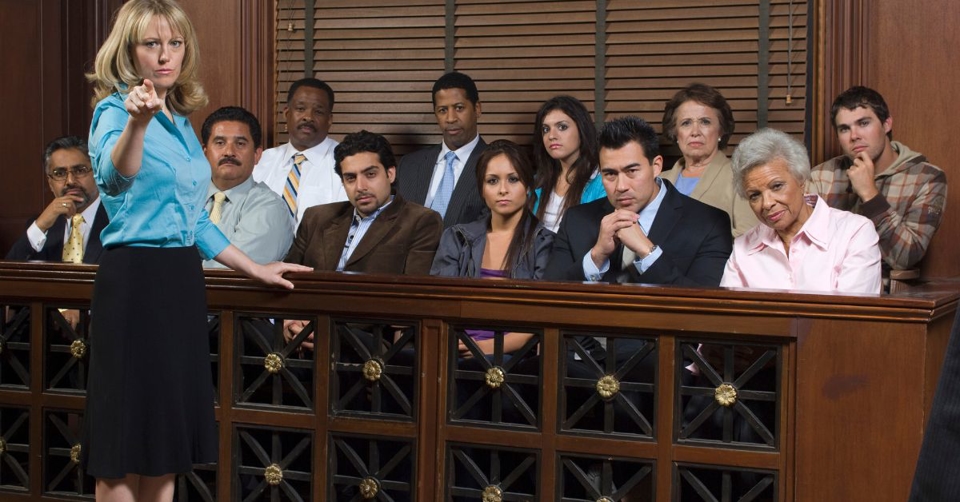Facing criminal charges is hard enough—but did you know that in some cases, you could be prosecuted in both state and federal court for the very same conduct? This situation, although not common in every case, does occur under a principle known as the doctrine of dual sovereignty.
This blog will walk you through how the doctrine works, which crimes are most likely to involve both court systems, how this overlap can impact your case, and why having the right legal strategy matters.
What Is the Dual Sovereignty Doctrine?
The United States has a dual court structure: state courts and federal courts. Each has its own laws, procedures, and authority.
- State courts handle violations of state law, such as most theft, assault, or DUI cases.
- Federal courts oversee crimes that break federal law, involve federal agencies, cross state lines, or occur on federal property.
For a side-by-side comparison of how these two systems operate, the U.S. Courts' guide to comparing federal and state courts is a helpful resource.
Under the dual sovereignty doctrine, both systems can prosecute you if your actions violate both state and federal laws. Because the state and federal governments are considered separate "sovereigns," a person can be tried in both courts without it being considered "double jeopardy."
For example, if someone robs a federally insured bank, they may face federal charges for bank robbery. If that same act also breaks state robbery laws, state prosecutors can file charges as well—meaning two different trials for the same incident.
Which Charges Trigger Both State and Federal Prosecution?
Not every crime falls under the jurisdiction of both. But certain offenses are severe enough—or broad enough—that they may attract the attention of both state and federal prosecutors. Common examples include:
- Drug trafficking and distribution – Especially when drugs cross state lines or involve federal enforcement agencies like the DEA.
- Firearms offenses – Such as possession of illegal firearms, felon-in-possession charges, or gun crimes that overlap with state restrictions.
- Bank robbery and financial crimes – Robbing federally insured banks or committing large-scale fraud schemes.
- White-collar crimes – Fraud, embezzlement, or cybercrimes that impact people in multiple states.
- Civil rights violations – Where federal authorities may intervene if state prosecution does not fully address the conduct.
- Child exploitation or pornography cases – Especially when materials cross state or national boundaries.
If your charges fall into these categories, there is a higher chance that both state and federal courts may pursue prosecution.
How Dual Sovereignty Affects Your Criminal Case
Facing charges in both state and federal court raises the stakes significantly. Defendants often encounter:
- Tougher consequences – Convictions in both systems can lead to stacked or enhanced penalties.
- Extended proceedings and higher costs – Navigating two separate cases means more time in court and greater financial strain.
- Greater legal complexity – Each court has unique rules, procedures, and sentencing guidelines, requiring a carefully tailored defense strategy.
This makes defending against charges in both systems much more challenging than facing a single prosecution.
Why Legal Representation Matters
Being prosecuted in just one court system is daunting. When both state and federal charges are on the table, the need for a defense that accounts for both sets of laws and procedures becomes even more critical. A skilled defense attorney can:
- Assess whether both jurisdictions are likely to pursue charges.
- Negotiate with prosecutors to limit dual prosecutions.
- Develop a defense strategy that considers the differences between state and federal courts.
At Weintraub and Alper Legal, we have experience handling criminal cases in both systems and understand how to navigate the unique challenges these prosecutions bring. You can also review our criminal defense page to learn more about how we approach defending clients against serious charges.
Final Thoughts
Yes—under the dual sovereignty doctrine, you can be tried in both state and federal court for the same conduct. While this doesn't happen in every case, certain crimes raise the risk of dual prosecution, which can complicate your defense and increase the potential consequences.
If you are currently facing charges that may cross state and federal lines, it's essential to act quickly. Contact Weintraub and Alper Legal at 4049071536 or through our online contact form to discuss your situation and explore your legal options.







